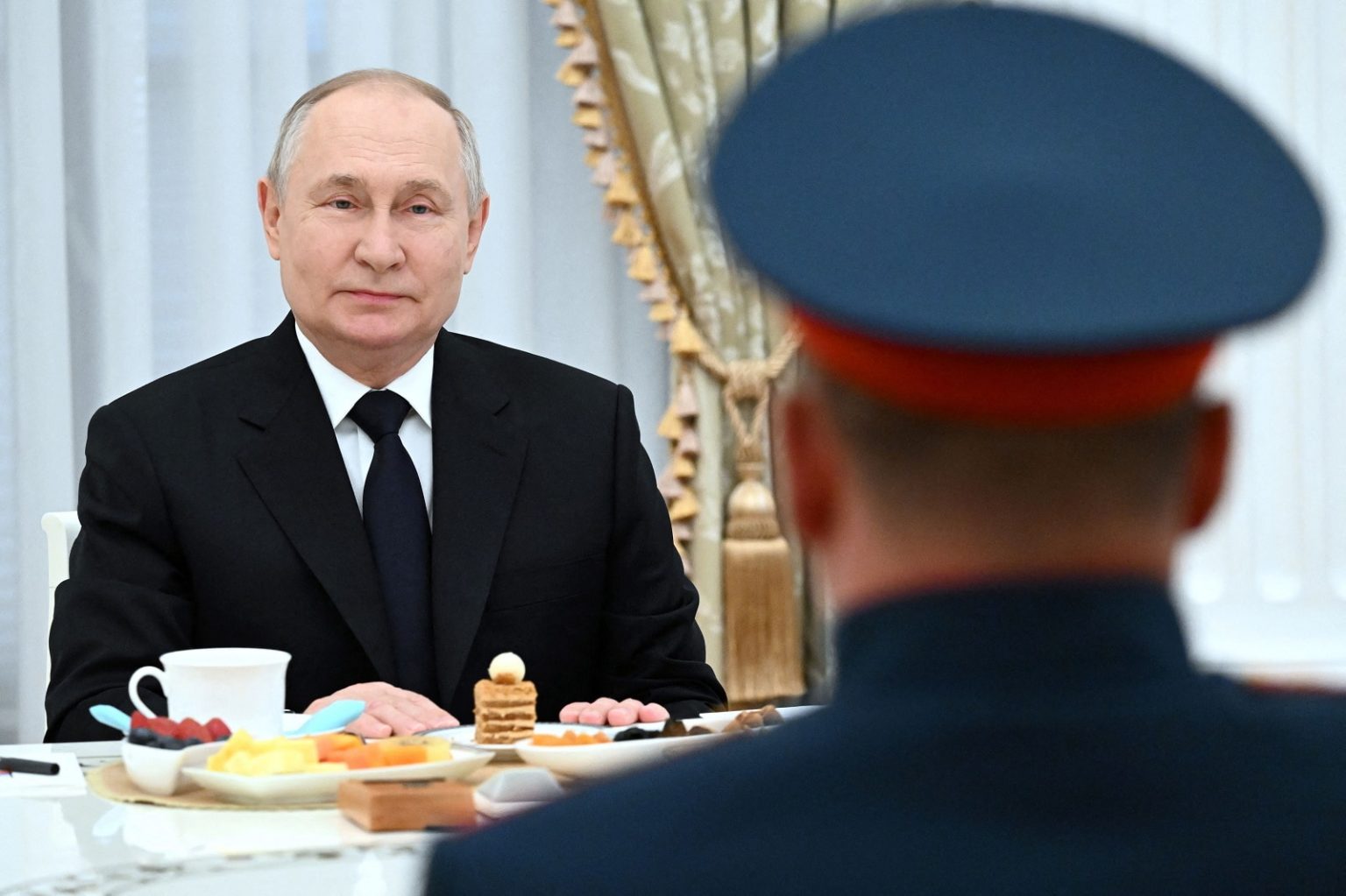On June 2, 2025, a viral tweet created a false sense of alarm by claiming that Russia had “declared war on Ukraine.” Russia-Ukraine fake war tweet. The tweet was shared by an account called “Russia Army” (@RussiaStanArmed) and advised citizens to seek shelter in safe areas or bunkers. Within hours, the tweet received more than 1.7 million views, 2,600 reshares, and more than 23,000 likes.
While the tweet garnered considerable attention, users on X (formerly Twitter) responded quickly with misinformation prompts as community notes clarified that the account had no tie to the Russian government. The account was operated by someone in India, weaponizing misinformation for clickbait and engagement farming. There was a link to a NY Times article from 2022 that explained how similar outlets used false information to manipulate public attention.
The broader point being made in relation to mis/disinformation and the challenges posed by fake news in the context of international conflict. The war between Ukraine and Russia has been going on since February 2022, and has never been referred to as a war by Russian officials, even with an accuracy of labeling as a military invasion of a sovereign nation. To this date (June 2025), no art of war to declare on Ukraine by a valid Russian authority.
How Fake News Gains Traction
The viral tweet used fear to push urgency, which made it spread quickly across social media. Many users shared it without checking the facts, believing they needed to act. Experts warn that platforms still struggle to stop the spread of false information, especially when it uses fear to engage people.
Social Media Accountability Under Scrutiny
The incident raises serious concerns about platform responsibility. While tools like Community Notes add helpful context, they often appear too late. By then, the misinformation has already gone viral. These posts, even if false, shape public opinion and create anxiety. In geopolitical matters, they can even strain international relations.
The Digital Battlefield is Real
Governments, tech companies, and users must work together to improve digital literacy. We need stronger systems for fact-checking and must learn to verify information before sharing it. Trust in online content must become a shared responsibility.
What You Can Do
The digital world influences real-world events more than ever. As tensions grow, cyberspace plays a critical role in shaping public views. People must stay alert, question what they read, and avoid spreading unverified news. Responsible sharing and healthy skepticism are no longer optional—they’re essential.
Learn more about Politics
